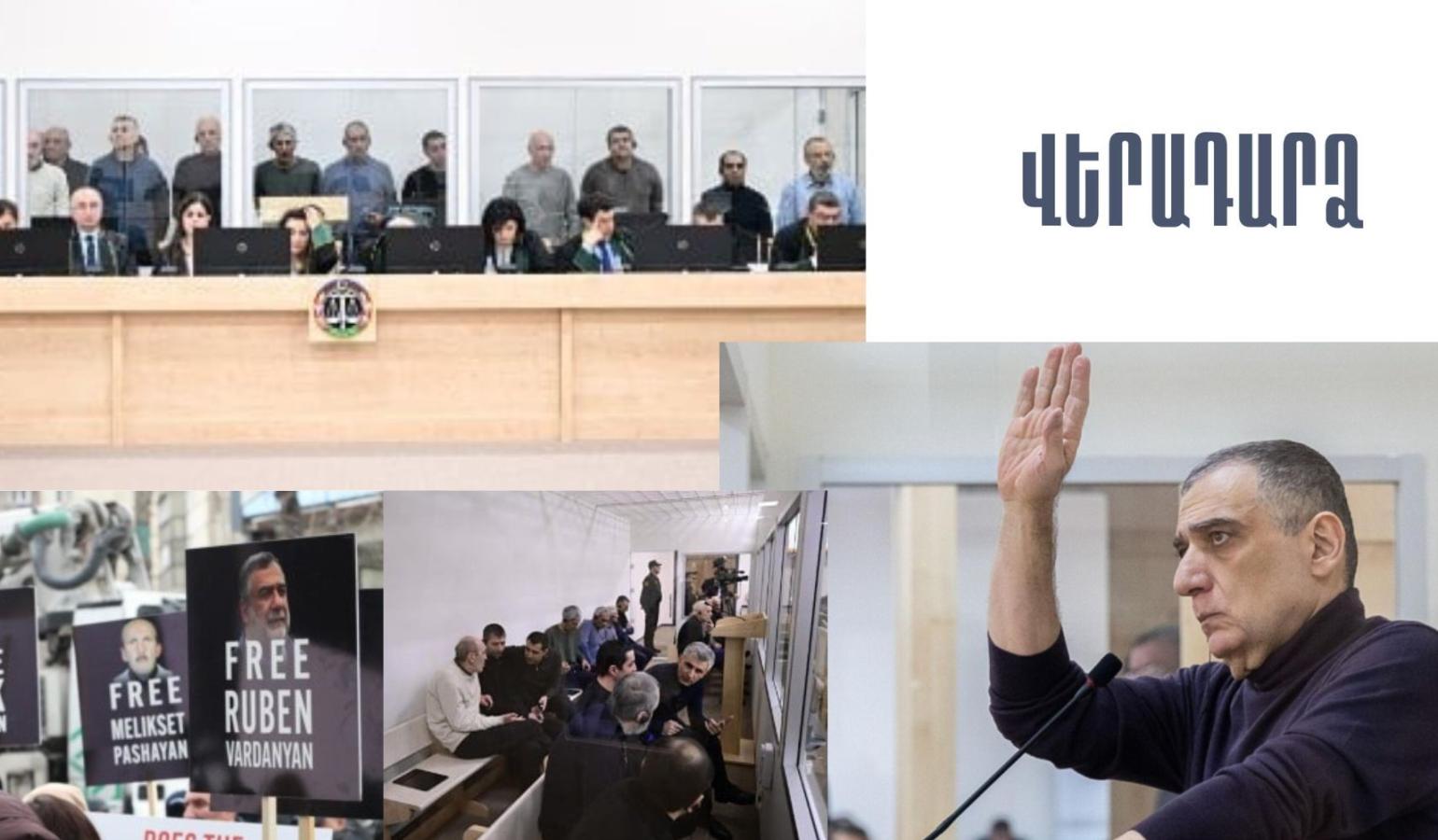
The absolute isolation of Armenian prisoners of war (POWs) must receive a public and international response. Although the International Committee of the Red Cross (ICRC) office still has a legal presence in Azerbaijan and will maintain it until September, it cannot carry out any meaningful activity. The last visits to the confirmed Armenian hostages took place in June.
In a conversation with News.am about the condition of the Armenian prisoners held in Baku, Siranush Sahakyan, director of the Center for International and Comparative Law, said that the prisoners' only connection to the outside world is through phone calls. No independent body is monitoring or documenting their physical and psychological state. "The conversations happen with family members and, naturally, the opportunity for a call is given and organized by the staff of the closed facility in Azerbaijan, and it is understandable that these are phone calls that are fully monitored," Sahakyan noted.
Speaking about the trials, the human rights defender mentioned that they are proceeding at a predetermined pace. "The outcome is predictable. We have repeatedly stated that the issue is political and that the Armenian prisoners truly have the status of hostages, as their release is linked to the degree to which issues on the political agenda are resolved, with the top priority being the signing of the peace agreement. The pre-signing is a step forward in this regard. I personally assess the probability of their return as high at this stage. I should also note that Trump's personal involvement is already present. The question was directly addressed to him, and he has publicly expressed his readiness to approach Aliyev on this matter."
As Sahakyan had stated earlier, a fact-finding mission has documented at least 80 cases of capture that have not been acknowledged or confirmed by the Azerbaijani authorities. The document published after the Trump-Pashinyan-Aliyev trilateral meeting stipulates that the parties will take mutual joint measures to clarify the fates of missing persons and search for them. "It's interesting that the agreement does not in any way address the issue of releasing prisoners, hostages, or illegally convicted individuals. Here, too, I see an asymmetric approach, as the Azerbaijani side has no prisoners and considers this issue to be exclusively within its domain, affecting only the rights of Armenians and having no connection with Azerbaijanis. Therefore, no mutual commitments are envisioned here. However, the issue of missing persons concerns both people of Armenian and Azerbaijani descent, and in this regard, we see a directly enshrined commitment to make efforts to clarify their fates."
According to Sahakyan, the aforementioned 80 individuals are considered not just missing persons, but forcibly disappeared persons. This means they disappeared under circumstances beyond their control. "In the case of missing persons, we do not have factual data on the forcible nature of their disappearance. For example, a serviceman might have died on the battlefield, and due to improper search operations, their body or remains are not found and returned to the family. However, in that case, we don't have an instance of force against the person's will to disappear, which exists in the case of forcibly disappeared prisoners. These individuals, even for a short period, were deprived of their liberty, were isolated by Azerbaijani servicemen, and were then forcibly removed and subjected to legal arbitrariness. Perhaps they were tortured and killed, or perhaps they are still alive and held in secret facilities where outsiders' access is restricted, and they may remain in an unknown status while alive. This unknown status carries great risks because any human rights violation against them remains undiscovered and, therefore, unpunished. We cannot rule out that in these conditions of legal arbitrariness, these individuals have been deprived of their lives," Sahakyan emphasized.
The human rights defender once again clarified that there are no provisions related to prisoners in the agreement. However, the issue of prisoners has been raised in interstate claims. Therefore, if the Republic of Armenia withdraws its claims and the political path fails, the problem of these individuals will become unsolvable, leaving them in an unprotected status. "In the case of the ongoing trials, the legal path remains open, meaning that after some time, a court can issue a verdict on human rights violations, which could also compel Azerbaijan to release the Armenian prisoners. If the complaints are withdrawn, the legal path is also blocked."
Some prisoners are represented by Siranush Sahakyan and her colleagues. The protection of these individuals' rights is outside the scope of the interstate complaint, and the agreements reached cannot be applied to the cases they are handling. A fairly large group of prisoners was represented in the interstate complaints, and they trusted the public authorities and did not take independent action. "These individuals are in a risky zone. Alongside the signing, ratification, and other processes of the agreement, they must either be released, or if they are not released and the complaints are withdrawn, we will have the most dangerous scenario: Armenians left unprotected in the international legal sphere," Sahakyan warned.